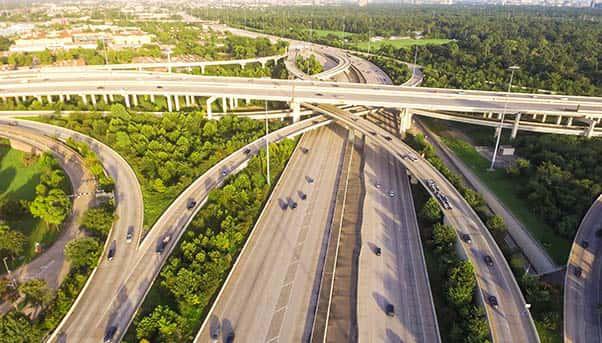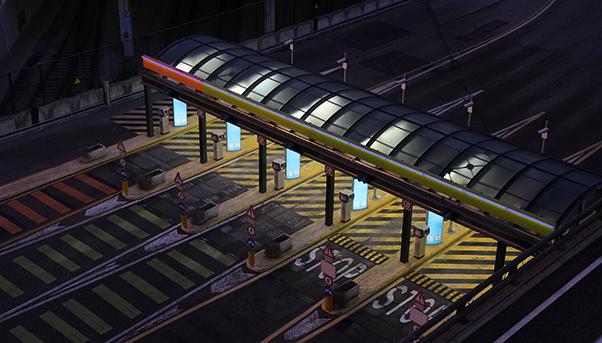
American infrastructure is quite dated and in poor condition. What do you think about the $1-trillion Trump administration’s plan? Do you think it is a way to create job and economic growth?
«First, much of America’s infrastructure is in good condition or better. The infrastructure that is in poor condition is infrastructure that is funded mainly out of tax dollars. The infrastructure that is in good condition is funded mainly out of user fees. The reason for this is that politicians love to fund new construction but not maintenance, while managers dependent on user fees for their income know they have to keep infrastructure in good condition.
In this light, Trump’s plan is a very good one. Trump does not propose to spend a trillion federal dollars on infrastructure. Instead, he proposes to give tax credits to private parties who spend on infrastructure. One of the main sources of revenue for those private parties will be user fees, so they will have an incentive to keep it maintained».
What you think about public-private partnerships to fund infrastructure?
«There are two kinds of public-private partnerships: one is called “demand risk” and it is where the private party puts up the money, collects user fees, and takes the risk that the user fees might not be sufficient to repay the original cost. I like that kind of partnership because it is user-fee based and results in well-maintained infrastructure. Many highways in Europe are funded this way.
The second kind is called “availability payment” and it is where the private party puts up the money, builds the infrastructure, but then relies on a public agency to pay them a monthly or annual fee out of tax dollars to repay the cost of the infrastructure. I don’t like this because no one has to worry about whether people are actually using the infrastructure or find it worthwhile, and so a lot of projects that are not really needed get built».
Do you think that infrastructure is a global vehicle to spread growth?
«Infrastructure leads to economic growth only when it stimulates new economic activity. Suppose you build a highway that allows people to go twice as fast as previous roads. Because of the higher speeds, more people will travel, more goods will be shipped, and that new economic activity leads to growth».

Which is, in your opinion, the best solution to address the traffic problem?
«Fund highways out of a mileage-based user fee – everyone pays for what they use and no more – and have variable prices on congested roads, so that it costs more to use them during congested periods of the day. That will virtually eliminate congestion.
Here is the real benefit of this policy: roads can move more people when they are uncongested than when they are congested. A freeway lane can move 2,000 vehicles per hour when it is uncongested, but only 1,000 when it is congested. By charging fees and ending congestion, it actually makes it possible for more people to travel on formerly congested roads during the busy times of the day».
You are a strong supporter of the idea that who uses transportation facilities should pay for them. Could you go through this topic for us?
«There are two main arguments for user fees: equity and efficiency. The equity argument is simple: those who get the benefit pay the cost. It is unfair that middle-income people pay taxes to build and operate high-speed trains when the main riders of those trains are upper-income people.
The efficiency argument is that if transportation is funded out of taxes, a lot of things will get built that make no economic sense. The United States subsidizes airports that attract almost no passengers. We run passenger trains that are nearly empty. Funding out of user fees insures that only the infrastructure we really need will get built.
A side argument is one that I mentioned above: politicians love to fund capital improvements but not maintenance, so things funded out of tax dollars tend to be poorly maintained».
Which is part of the infrastructure sector (streets, bridges, railroad, etc…) that are most in need?
«Our state highways (which are funded out of gas taxes, tolls, and other user fees) are in pretty good shape, but local roads (which are mainly funded out of property taxes) are not. Our transit systems are in terrible shape, but outside of New York most of the rail lines should be replaced with buses rather than repaired. Our private railroads tend to be in excellent shape. Airports should be privatized, as they have done in Europe, but they tend to be in fairly good condition».
Do you think there is a way to prevent the waste of money in transportation investments?
«Absolutely. Only fund transportation projects that will repay those funds in tolls, fares, or other user fees. Any other money would be wasted».


